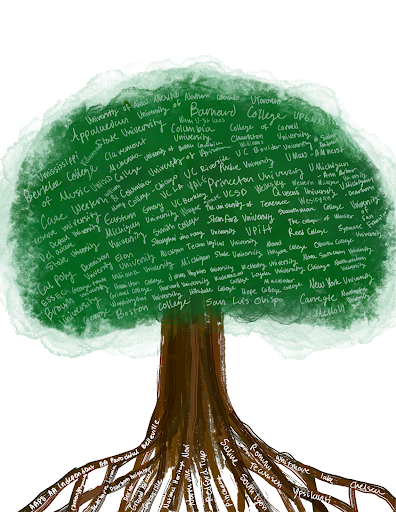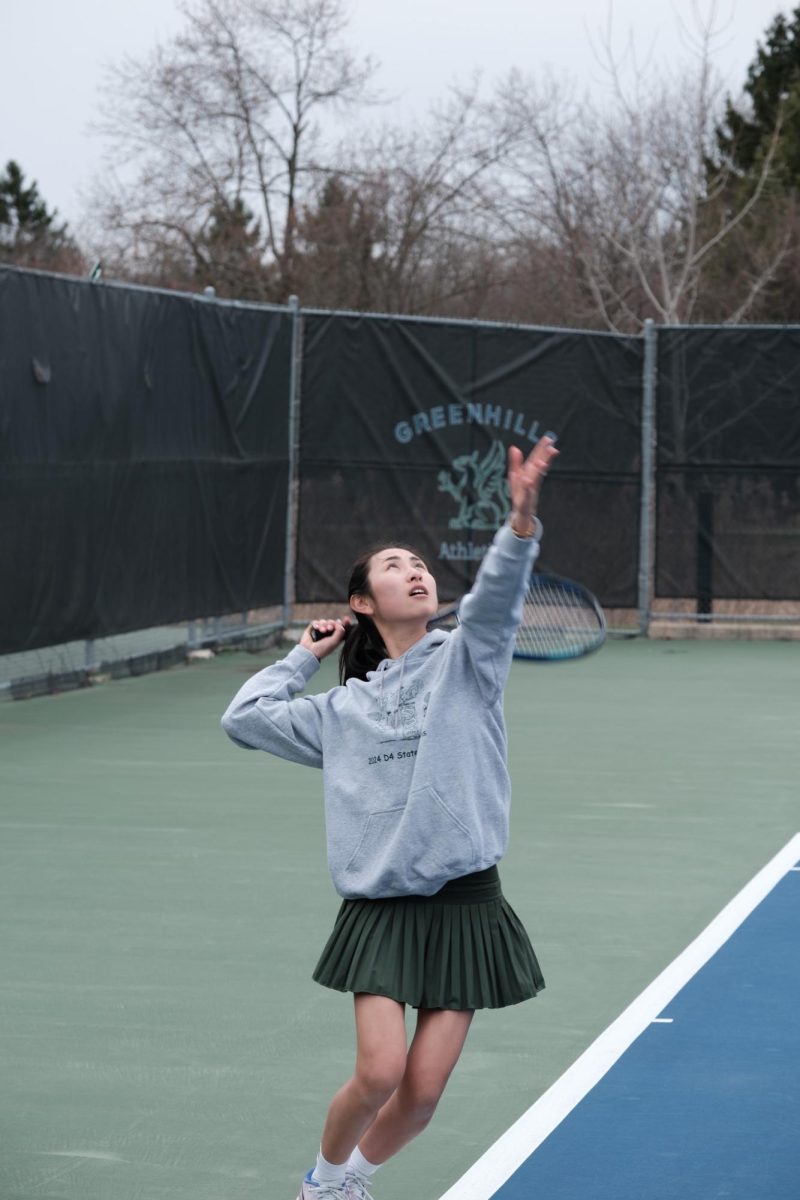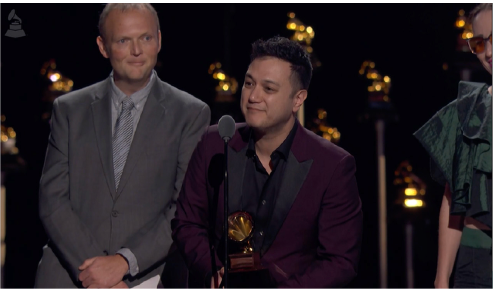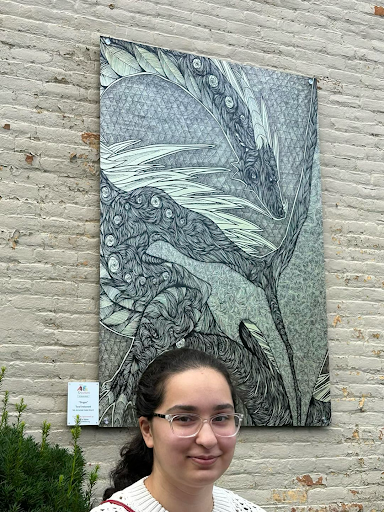This summer “Barbie” took movie theaters in a storm of pink and glitter. The movie broke the record for the highest-grossing movie directed solely by a woman, surpassing 2017’s “Wonder Woman,” and has made $1 billion in global ticket sales. Many movie goers dressed up in Barbie themed outfits and seemed to have a great time. I thought it was amazing.
After its smashing success, “Barbie” received eight Oscar nominations. Including a nomination for best picture. Even so, this was not enough for the movie’s fans. Fans who follow the Oscars are in uproar that Greta Gerwig was not nominated for Best Director and Margot Robbie was not nominated for Best Actress. Despite numerous claims of snubbing, Gerwig and Robbie were not completely erased from the 2024 Academy Awards. Gerwig received a nomination for Best Adapted Screenplay and Robbie received a nomination for Best Picture.
Barbie is a cultural icon, but she’s not a character that really did anything major. Movies like “I, Tonya” exemplify Margot Robbie’s talent and skill as an actress, but Barbie does not. In “I, Tonya,” Robbie’s performance was praised for its depth, complexity, and the way she brought the ice skater Tonya Harding’s story to life on screen. Robbie captured the nuances of Harding’s character and even underwent physical training to perform the difficult skating scenes herself, demonstrating her commitment to the character and the film. In “Barbie,” Robbie did not have to use half of her skills to portray the doll. Robbie already looks just like “Barbie,” and while “Barbie” told us all an important message about feminism, the doll’s discoveries and ultimate revelation wasn’t exactly complicated.
Similarly to Robbie, “Barbie” was not Gerwig’s most complicated movie that she has ever directed. Gerwig’s most popular movies focus on complex human emotions and relationships, as can be seen in “LadyBird” and “Little Women,” her other two biggest hits. While “Barbie” spoke to the feelings of millions of girls and women, it didn’t happen in a way that was natural or anything like real life, as it does in her other films. Gerwig was previously nominated for best director for “LadyBird,” a movie that was realistically much more relatable than “Barbie” ever could be. “Barbie” was flamboyant and loudly declarative, but it did not contain the subtlety characteristic of Gerwig’s other films. Gerwig’s groundbreaking film was recognized through its nomination for best adaptive screenplay. Gerwig should definitely be acclaimed further for being the first solo woman director of a billion-dollar grossing film, but that accolade is not going to come from the Academy.
A few women who made history at this year’s oscar nominations were America Ferrera as the first actress of Hondruan descent for Best Supporting Actress, in “Barbie,” Lily Gladstone as the first Native American nominated for Best Actress for her role as Mollie Burkhart in “Killers of the Flower Moon,” and Da’Vine Joy Randolph was nominated for her role in “The Holdovers.” In total, one third of Oscar nominations this year were women, a higher portion than the previous three years. So while the academy has a ways to go regarding inclusivity, it is not true that the women who have made some of the biggest impacts in the filmmaking industry were robbed of awards.
There is a huge, underserved market for entertainment that takes the feelings of girls and women seriously. “Barbie” was a cultural event and a revolutionary movie on business and social scenes. Women should continue to insist that their heroes, Babrie included, are respected. So let’s celebrate Barbie for what she truly is: a timeless symbol of imagination, creativity, and endless potential. After all, who needs an Oscar when you’re already an icon?



















